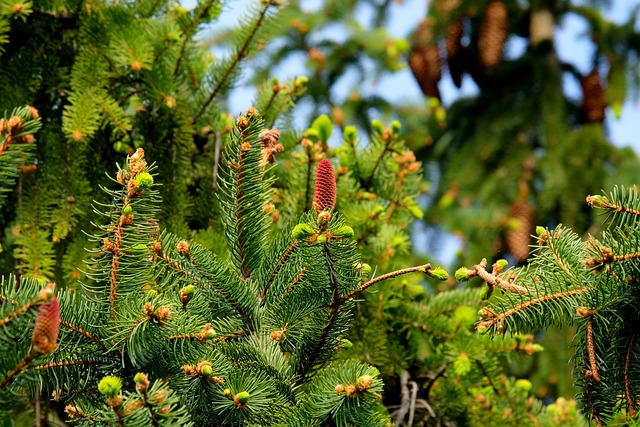Greening the Urban Jungle: Eco-Friendly Techniques for Urban Ecological Environmental Protection in Gardens
In our bustling urban landscapes, where concrete and steel dominate the scenery, the importance of greenery cannot be overstated. Transforming our cities into more sustainable and vibrant ecosystems requires an unwavering commitment to urban ecological environmental protection through gardening. Embracing green spaces not only enhances the beauty of our surroundings but also fosters a profound connection between humanity and nature.
The Significance of Urban Ecological Environmental Protection
Urban areas are often characterized by pollution and a lack of biodiversity. Therefore, the role of gardens in modern cities becomes increasingly crucial. A green oasis can improve air quality, reduce heat, and create habitats for various species. When we think about urban ecological environmental protection, we recognize that every garden—regardless of its size—can be a powerful tool for change.
Eco-Friendly Gardening Techniques
Implementing eco-friendly gardening techniques not only contributes to the environment but also provides a rewarding experience for those who cultivate their green spaces. Here are some essential practices to consider:
- Native Plants: Selecting native plants for your garden ensures that the flora is well-adapted to the local climate and soil, requiring less water and maintenance. Native plants attract pollinators and local wildlife, supporting the ecosystem.
- Composting: By creating a compost bin, you can recycle kitchen scraps and yard waste, reducing landfill contributions. Compost enriches soil, promoting healthy plant growth and reducing the need for synthetic fertilizers.
- Rainwater Harvesting: Installing a rain barrel allows you to collect rainwater for watering gardens. This sustainable practice conserves water and reduces runoff, contributing to urban ecological environmental protection.
- Organic Pest Control: Embrace organic gardening by using natural pest control methods. Companion planting, neem oil, and introducing beneficial insects can help manage pests while avoiding harmful chemicals.
- Vertical Gardens: In limited spaces, vertical gardens offer an innovative solution to maximize greenery. They improve air quality and provide insulation, making buildings more energy-efficient.
Connecting with Nature
Gardening in urban settings allows city dwellers to reconnect with nature amidst the hustle and bustle. The act of nurturing plants fosters mindfulness and a sense of accomplishment. Engaging with your garden can be a therapeutic escape, providing mental clarity and emotional well-being. As we cultivate tiny ecosystems in our backyards, balconies, and community spaces, we also cultivate a deeper appreciation for nature and our role in protecting it.
Community Involvement
One of the most powerful aspects of urban gardening is the sense of community it can generate. Neighborhood gardens bring people together, encouraging collaboration and shared resources. Initiatives such as community gardens or green workshops empower residents to take charge of their green spaces and promote urban ecological environmental protection as a collective. Together, we can create greener cities while forging bonds that strengthen our communities.
Moreover, education plays a key role in encouraging eco-conscious practices. Hosting gardening workshops or outreach programs can inspire the younger generation to appreciate the environment and take part in its preservation. By sharing knowledge and techniques, we foster a culture of sustainability that extends beyond individual gardens.
As we face the challenges of urban life, the importance of incorporating nature into our cities has never been clearer. Every plant nurtured, every garden cultivated, and every eco-friendly practice employed contributes to a greater movement toward urban ecological environmental protection. Let us all commit to greening our urban jungles, creating harmonious spaces where nature can flourish, and allowing us to find solace within the embrace of greenery.




